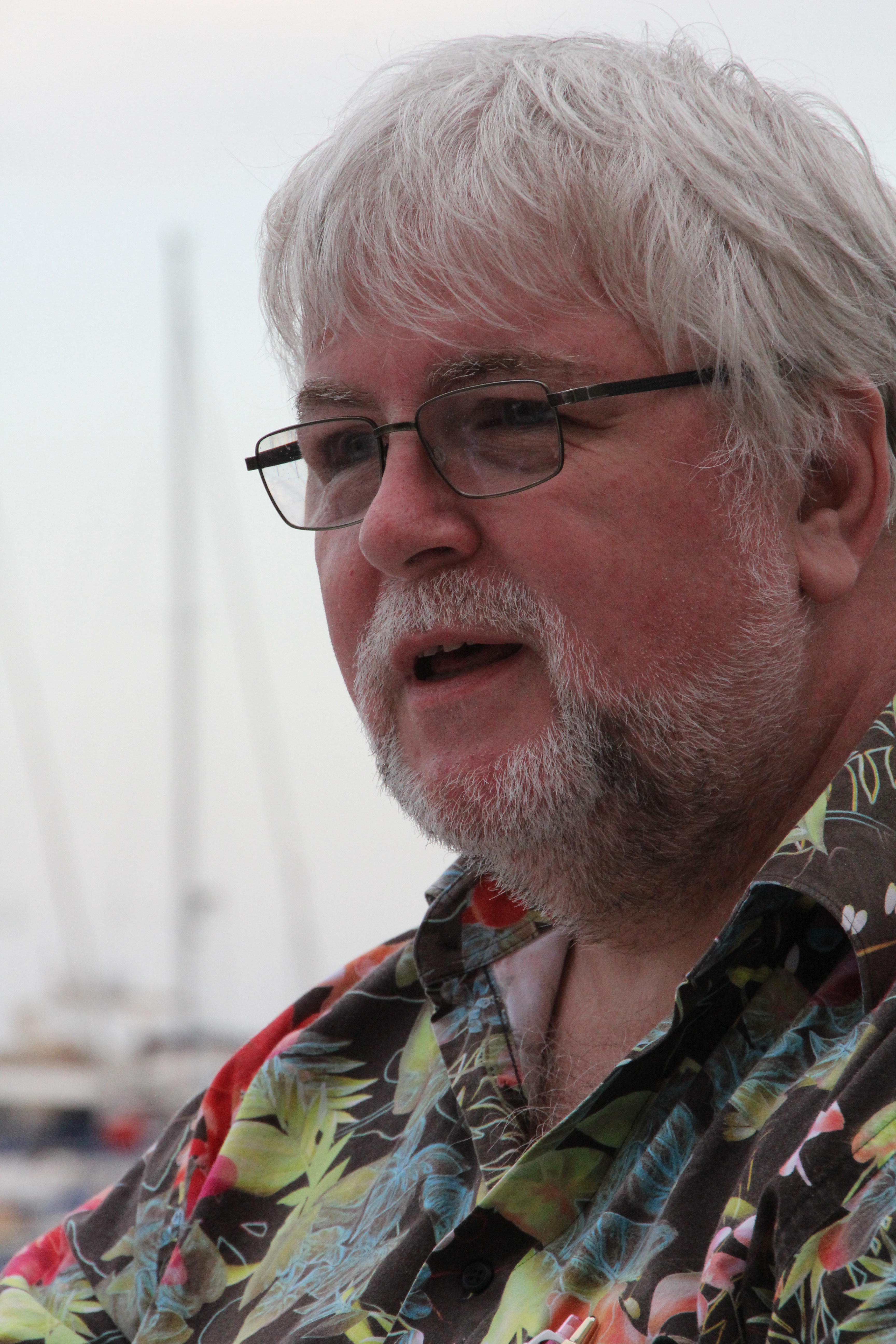

Hi, I'm Stephen Oliver, writer, published, award-winning author, and NLP practitioner.
This is my website for all things involved in personal development and growth.
If you're looking for my fiction works, please go to www.stephenoliver-author.com.
Install this web app on your Android: Tap menu, more options, and then Add Shortcut To Homescreen.×